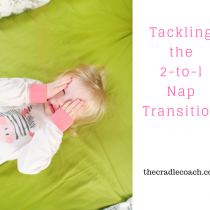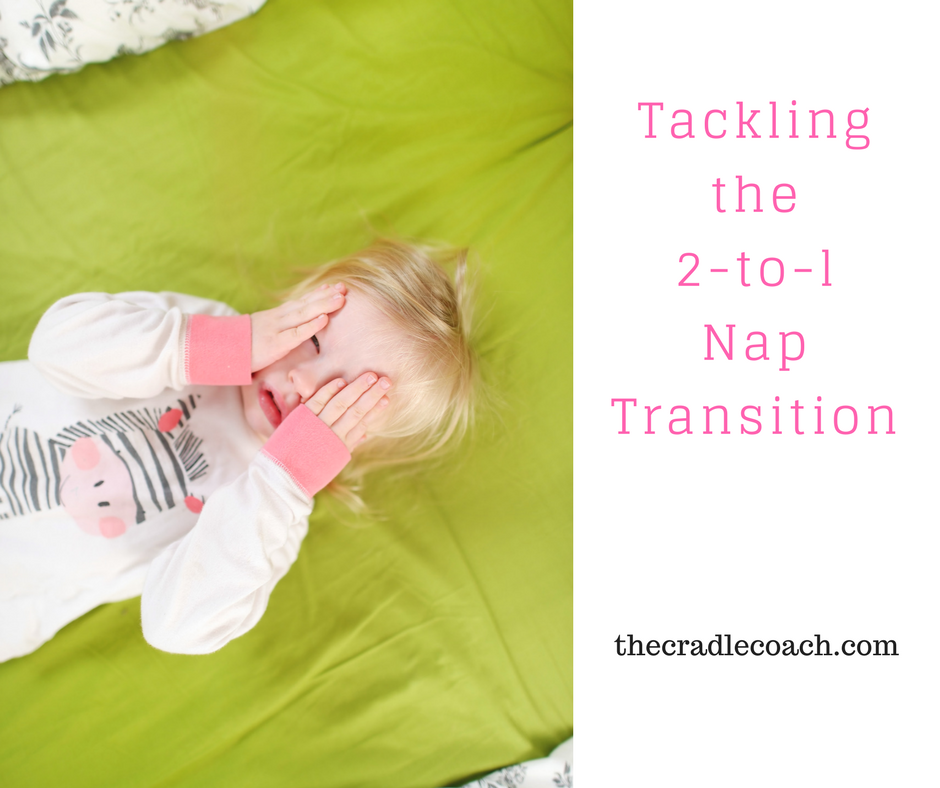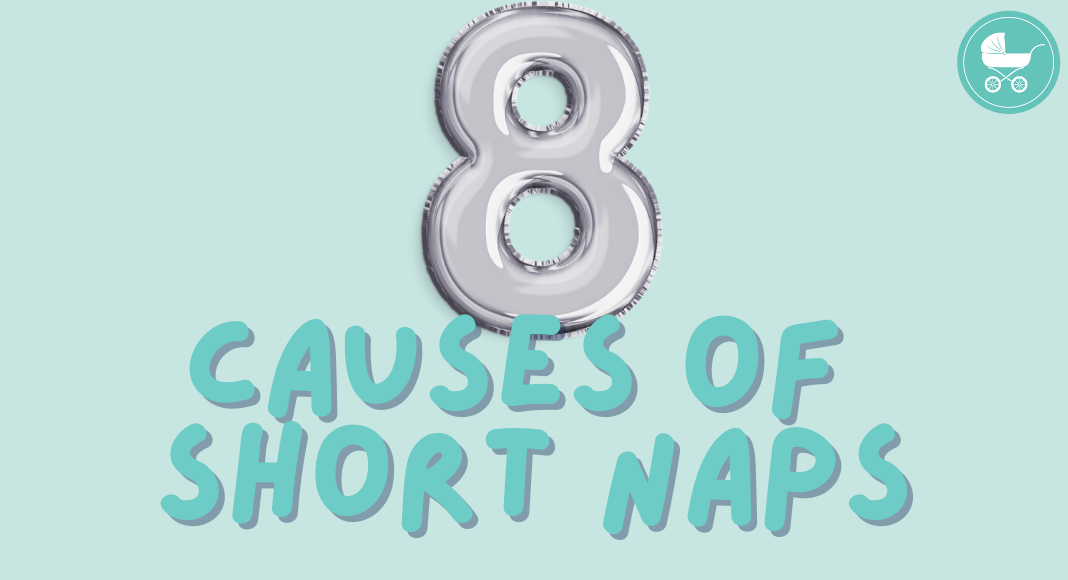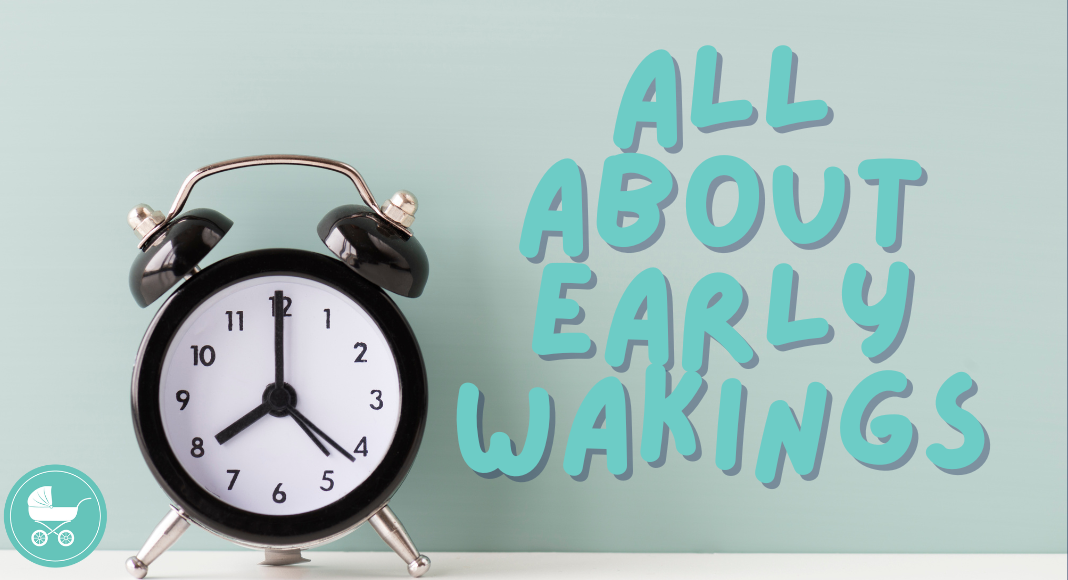
May 8, 2017
So, right now I am coming upon the time for the 2-to-1 nap transition with my 13 month-old baby girl. Some days she will take a morning nap and some days she will stay awake playing in her crib for an hour. For many of my clients this is always a questionable time to know […]
Tackling the 2-to-1 Nap Transition

So, right now I am coming upon the time for the 2-to-1 nap transition with my 13 month-old baby girl. Some days she will take a morning nap and some days she will stay awake playing in her crib for an hour. For many of my clients this is always a questionable time to know how and when to make the big leap to one, long nap. It’s not always a smooth process but I am here to help you through it! Most babies will be ready for this transition somewhere between 13-18 months. This is my second time around (as I also have a 3 year-old) with this so I feel I have a better handle on things this time and feel more prepared. My older daughter went through the transition at about 16 months and from what I remember it seemed harder than this time around, but that could also be that I was a first-time Mom. What I have learned so far with having two children is that each child can be so different even though they have come from the same parents!
You will start to notice that your baby is staying awake in their crib and playing, protesting, or a combination of both for one of their two naps, usually the morning nap but not always. This can be a stressful time, dealing with a sometimes cranky baby and you feeling they still need both naps to get through the day happily. Don’t think that you need to jump right into that transition to one nap immediately. We recommend continuing to offer both naps for about a month to be sure that your baby is fully ready. You may find that some days your baby stays awake until the next naptime, although on these days you may want to put them down a bit earlier so that overtiredness doesn’t set-in, this can make it harder for them to fall asleep and stay asleep for a restorative nap. For a baby on one nap we recommend keeping them in their crib for a minimum of 1.5 hours. If they sleep longer then that’s fine, but you want to give them plenty of time to get the daytime sleep they need. If your baby doesn’t get at least 2 hours of daytime sleep then you want to make sure that you get them to bed a bit early, again so overtiredness doesn’t set-in which could lead to a possibly rough night. When you see that your baby stays awake and plays in their crib a majority of the days for that month then it’s probably time to make the leap to one daily nap. When babies are ready for one nap they can typically stay awake happily for 4.5 – 6 hours before needing to sleep. This usually puts that naptime to begin between 11:30am-12:30pm, with lunch often given before so that they don’t wake out of hunger. It can be especially tricky when you have more than one child and may be dealing with more than one schedule in regards to school, activities, etc… In the end find the schedule that best suits your family while still trying to cater to your baby’s sleep needs as much as can be allowed. If you need help with this transition or teaching your baby to get healthy amounts of overnight or daytime sleep then don’t hesitate to reach out to The Cradle Coach team…we are here for YOU!!
Sweet Dreams,
Lindsay Gabler
Certified Baby + Toddler Sleep Consultant

Get instant access to our free sleep class for children from newborn to 5 years old. You will learn how to get your child to sleep independently -- and all through the night!
Get Your Child To Sleep All Night Long in as Little as 7 Days!
join the free class
THE CLASS


